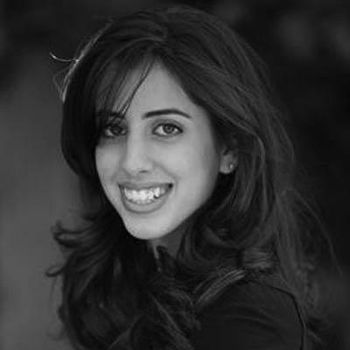UCLA institutes faculty 'bias awareness training'
The training follows the 2013 Moreno Report, which purported to show the school "lacked adequate policies and procedures” to investigate biases on campus between 2007 and 2013.
University of California, Los Angeles (UCLA) has added a new requirement to the list for its faculty members participating in hiring decisions: bias awareness training.
The training will consist of a two-hour session that will highlight the entire hiring process, from initial screening to the interview, while pointing out all the different forms of implicit biases that may or may not come up in each step. A video is also included in the mandatory training, in which a mock committee acts as characters exhibiting various forms of biases.
Guillaume Chanfreau, a Chemistry and Biochemistry professor, told The Daily Bruin that “from gender, race and family situations to veteran status, the video alerted me to all the various biases a committee could make.”
This new initiative to combat ‘discrimination’ in the hiring process was pushed by the UCLA administration this fall in part because of the Moreno Report, a comprehensive report assembled in 2013, that showed UCLA had “lacked adequate policies and procedures” to investigate biases on campus between 2007 and 2013.
The Moreno Report also highlighted alleged racial discrimination against underrepresented minority groups and favoritism towards Asian and Caucasian groups in the university admissions process.
Jerry Kang, UCLA’s vice chancellor of equity, diversity and inclusion, said that although faculty members may not realize it, they might have biases towards some candidates over others based on “race, gender and ethnicity.”
The training, Kang said, is important in combating future cases of biases.
“If you learn the science, you will think more about how implicit bias can affect your interactions with individuals and become more mindful,” he said.
A current UCLA campus report notes, however, that only 27 percent of students enrolled at UCLA are Caucasian. In fact, while the enrollment of black, Hispanic, Native American, and international students at UCLA has increased since 2007 by a 5.1 percent for underrepresented minorities and 8.4% for international students, it coincided with a sharp 7.1 percent decrease in the number of Caucasian students and a 4.9% decrease in the number of Asian students enrolled at UCLA.
Victoria Metzel, a third-year History student at UCLA, told Campus Reform that she is skeptical of such training procedures for UCLA faculty members.
“I doubt that this training will recognize the discrimination against conservative candidates,” Metzel pointed out.
Follow the author of this article on Twitter: @PardesSeleh

